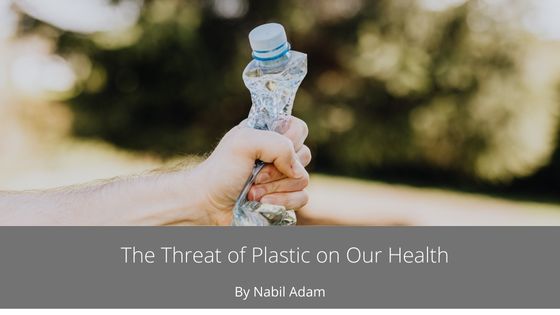Although most individuals are aware of the growing waste issues caused by plastic materials, not as many people seem to be as concerned about how plastic impacts the health of humans, despite them being overwhelming. Thus, both issues surrounding plastic should be general knowledge.
This article aims to provide you with some important information regarding plastic’s effects on humans so you can help spread awareness about this problem.
The Lifecycle of Plastic
Plastics have an extremely long lifecycle. Thus, the best way to look at its effects on humans is to break them down by each stage in the cycle, which has been done below.
Extracting and Transporting
The first stage in the production of plastic is the extraction of materials from the fossil feedstock and then the transportation of these materials to the proper location for refinement.
During this initial stage, harmful substances escape into the air and water, potentially leading to ailments such as cancer, an impaired immune system, and reproductive, developmental, and nervous system toxicity.
Refinement and Plastic Production
During the second stage of plastic creation, plastic resins are made. This results in substances that are very harmful and carcinogenic ending up in the air, which can lead to reproductive problems, cancer, low birth weight in newborns, and nervous system impairment.
Consumer Packaging and Products
In this stage of the lifecycle, microplastic particles have a chance of being ingested and inhaled by both humans and animals.
Waste Management
Particularly when plastic is incinerated, toxic substances and gases can get into the air, water, and soil.
Fragmenting
This and microplastics make their way into bodies and can result in issues such as necrosis, inflammation, cancer, genotoxicity, and autoimmune problems.
Plastic Degradation
Once plastic starts to degrade, toxic chemicals have the ability to get into the bodies of humans and into the environment.
Food Chain and Water
At this final stage of the lifecycle of plastics, toxic chemicals can contaminate both the water supply and food chain of human beings, as well as of many other animals.

